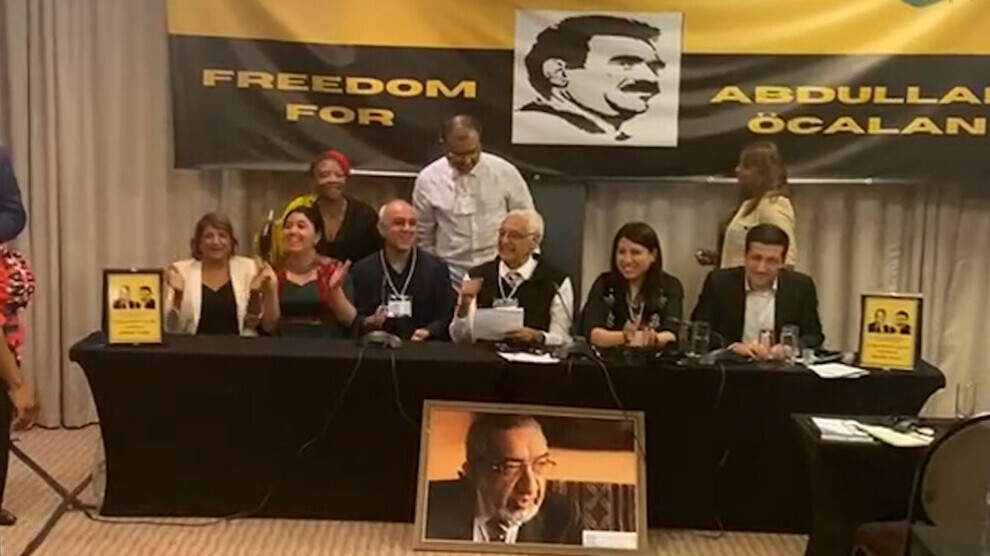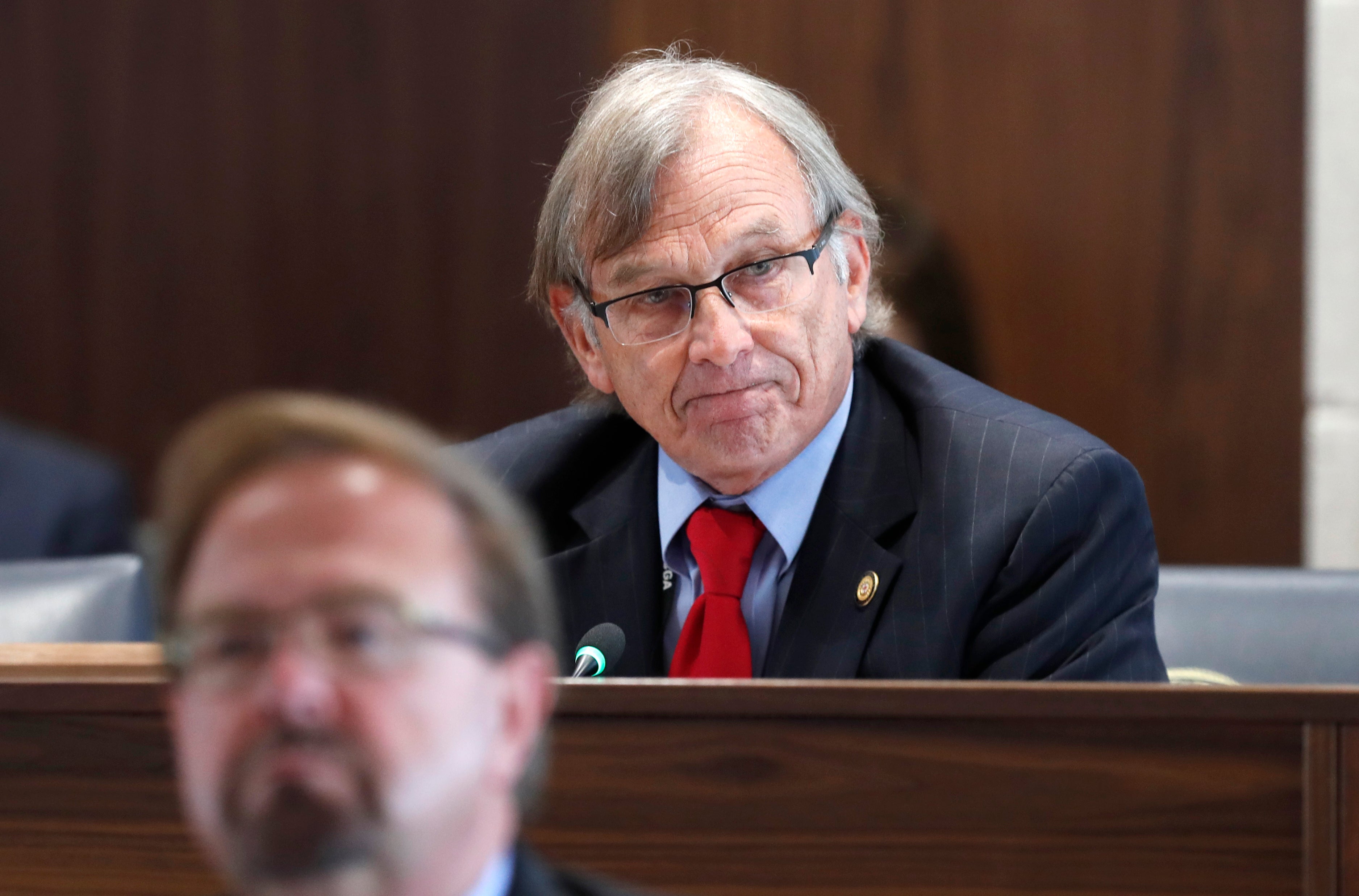
RAMALLAH, Thursday, March 02, 2023 (WAFA) – Palestinian officials Wednesday welcomed US condemnation of an Israeli minister’s call to “wipe out” Huwwara town, south of the occupied West Bank city of Nablus.
The US State Department Wednesday condemned Israeli finance minister Bezalel Smotrich’s comments in which he called for the Palestinian village of Huwwara to be "wiped out", and said the remarks were "repugnant, irresponsible and disgusting".
US State Department spokesman Ned Price called on Israeli Prime Minister Benjamin Netanyahu and other top officials to "publicly and clearly" disavow Finance Minister Bezalel Smotrich's comments.
"I want to be very clear about this. These comments were irresponsible. They were repugnant. They were disgusting," Price told reporters on Wednesday.
He added that Smotrich’s “provocative” remarks “amount to incitement to violence”.
“We welcome the statement of the US State Department, which considered the statements of the terrorist Smotrich to wipe out #Huwara as irresponsible, disgusting, and calls for violence,” Secretary-General of the PLO Executive Committee Hussein al-Sheikh tweeted.
Meanwhile, Prime Minister Mohammad Shtayyeh also welcomed the US condemnation of Smotrich’s remarks, and called for the US to combine its condemnation with action that would bring Israeli crimes to a halt and pave the way to a political horizon that would bring an end to the Israeli occupation of the Palestinian territories that began in 1967 in line with United Nations resolutions and international law.
On Wednesday, Smotrich, who in addition to being finance minister is responsible for Israel's civil administration in the occupied West Bank, said Israel should "wipe out" the Palestinian village of Huwwara in the wake of a violent rampage by settlers on Sunday.
“The Palestinian village of Huwwara should be wiped out. I think that the State of Israel needs to do that – not, God forbid, private individuals,” he said.
This genocidal call came just days after hordes of Israeli settlers, protected by the army, attacked the occupied West Bank village, burning Palestinian homes and cars and ransacking businesses.
One Palestinian was killed in the rampage, which was the settlers’ revenge for the killing of two of their fellow colonists in the village on Sunday by unknown assailants.
Smotrich is a senior Israeli minister who has just been handed sweeping powers over the occupied West Bank.
His call for wiping out Huwwara came in response to a question on an Israeli television show about why he had “liked” a tweet from another settler leader who had urged that “the village of Huwwara should be wiped out today.”
And in a similar spirit, Zvika Fogel, an Israeli general and a lawmaker in Prime Minister Benjamin Netanyahu’s governing coalition, had praised the pogrom in the Palestinian village.
“A closed, burnt Huwwara – that’s what I want to see,” Fogel said.
And on 26 February, the day of the Huwwara pogrom, Smotrich himself incited Israel to “mercilessly” attack Palestinian cities with tanks and helicopters for the killing of the two settlers.
He urged that Israel should show through vengeful violence that “the owner of the house” – meaning Jews – “has gone mad” in order to deter Palestinians from any sort of resistance.
And wiping out whole towns and villages isn’t new either: Zionist militias destroyed hundreds of them during 1948, as they expelled and murdered Palestinians during the Nakba in order to establish Israel over the ruins of their lives and society.
Ever since, the Israeli settler-colony has been destroying Palestinian homes and communities and stealing their land under the guise of “legal” procedures that have no legitimacy whatsoever.
K.F.





:quality(70)/cloudfront-eu-central-1.images.arcpublishing.com/thenational/4C5QZOORZ7WG2FDW2QOWRAP6DE.jpg)
:quality(70)/cloudfront-eu-central-1.images.arcpublishing.com/thenational/TGTTX64Z3TDU2TL6V5D7OVRTUI.jpg)
:quality(70)/cloudfront-eu-central-1.images.arcpublishing.com/thenational/L7BVJDHI5AARSNBT4ZFDU7D25Y.jpg)
:quality(70)/cloudfront-eu-central-1.images.arcpublishing.com/thenational/NQJAXQZCMGLXS2Q4TSEF77VRAE.jpg)
:quality(70)/cloudfront-eu-central-1.images.arcpublishing.com/thenational/BW4PVAJPQXHTFBGQHDABEQJSXY.jpg)
:quality(70)/cloudfront-eu-central-1.images.arcpublishing.com/thenational/FCPHZWMRW5FXCI452OD5MSS5EE.jpg)
:quality(70)/cloudfront-eu-central-1.images.arcpublishing.com/thenational/J45DRK4CGTAMEX22GGHNBRSXZE.jpg)
:quality(70)/cloudfront-eu-central-1.images.arcpublishing.com/thenational/MMXVVOENM3FKMAFROFCFOWU6ZQ.jpg)
:quality(70)/cloudfront-eu-central-1.images.arcpublishing.com/thenational/OYWD73EL6ZYSCCV5T4EU5H3LRE.jpg)
:quality(70)/cloudfront-eu-central-1.images.arcpublishing.com/thenational/JQAJ7OQLGPWWNDKMXWBUYIFFUQ.jpg)
:quality(70)/cloudfront-eu-central-1.images.arcpublishing.com/thenational/DT2MJGM2LQLMRSNMRGLVUNN2ZQ.jpg)
:quality(70)/cloudfront-eu-central-1.images.arcpublishing.com/thenational/BOZG24SI6U3BTX6YTKPOFCCLXQ.jpg)














